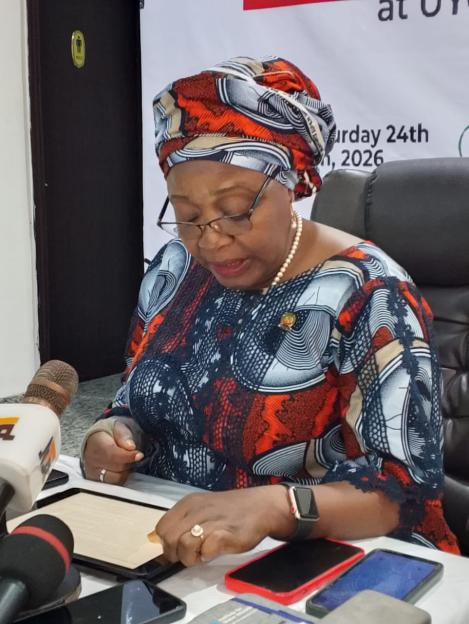Table of Contents
A Senior Advocate of Nigeria, Ayotunde Ogunleye, has criticized FreeNnamdiKanu protesters for violating a valid court order that prohibits demonstrations in certain areas of Abuja.
During an interview on ‘Politics Today’, a program on Channels Television that was monitored by DAILY POST on Tuesday, Ogunleye emphasized the importance of obeying court orders, even if one disagrees with them.
“A court order must be followed, regardless of personal disagreement. If you are unhappy, the constitution provides a means to challenge it in court,” he stated.
He pointed out that while the constitution guarantees fundamental rights, it also grants courts the authority to restrict those rights for the greater public good.
The senior lawyer highlighted that disregarding judicial orders weakens national institutions and undermines the rule of law.
He argued that protesters should have legally contested the order instead of taking to the streets, advising those advocating for Nnamdi Kanu’s release to explore lawful avenues within the justice system.
“If you are dissatisfied with a court ruling, the Constitution allows you to seek to have it overturned in court,” he explained.
“However, taking the law into your own hands risks transforming the country into a lawless state. No nation can thrive if its citizens do not protect its institutions,” he added.
Frequently Asked Questions
Why is it important to obey court orders?
Obeying court orders is crucial as it upholds the rule of law and maintains the integrity of national institutions. Disregarding judicial directives can lead to chaos and weaken the legal system.
What should individuals do if they disagree with a court order?
Individuals who disagree with a court order should utilize legal channels to challenge it, as the constitution provides the right to seek a review or reversal of such decisions.
What are the consequences of taking the law into one's own hands?
Taking the law into one's own hands can lead to disorder and anarchy, ultimately harming the nation and its institutions, and potentially resulting in legal repercussions for the individuals involved.







